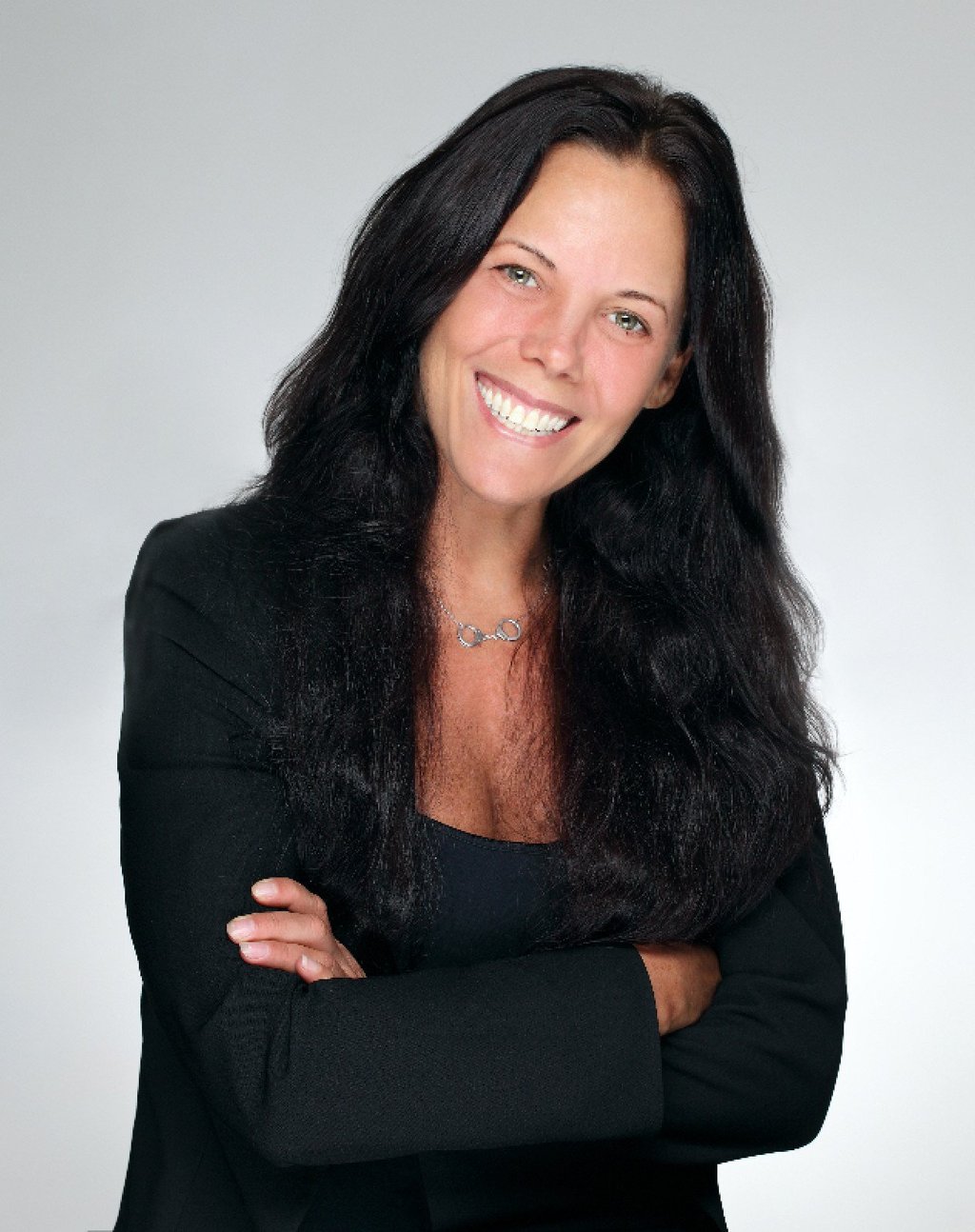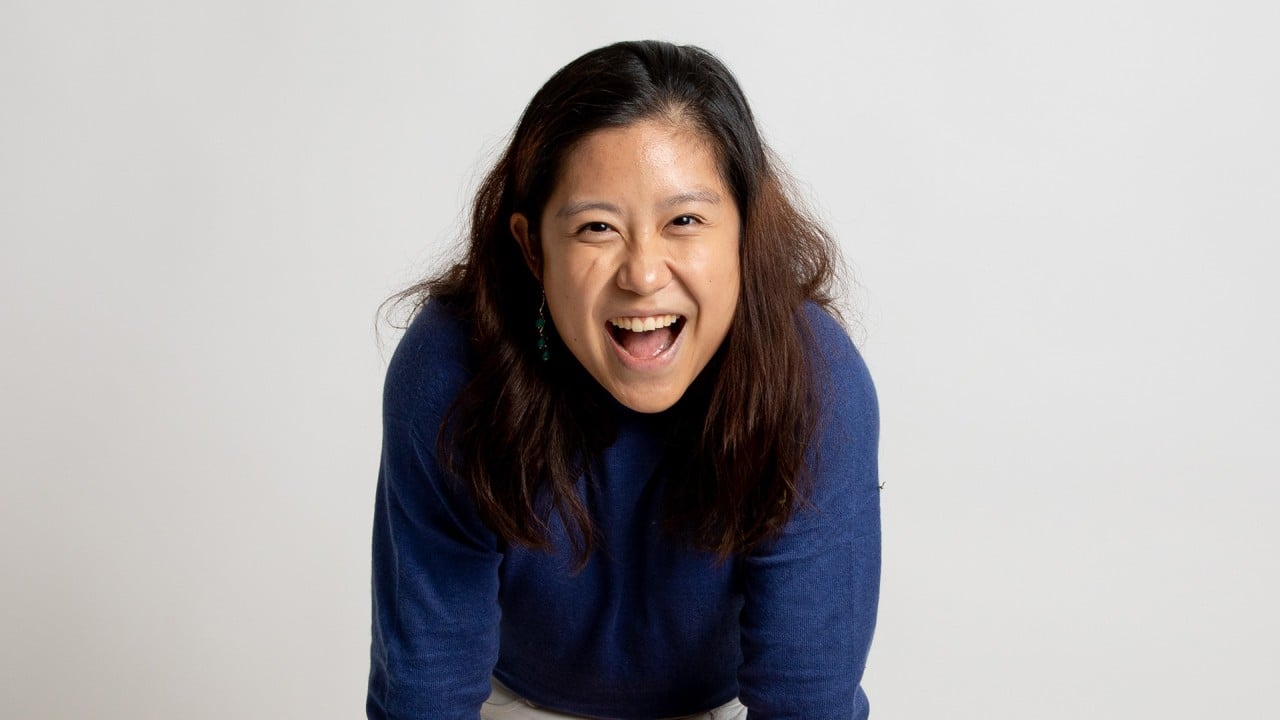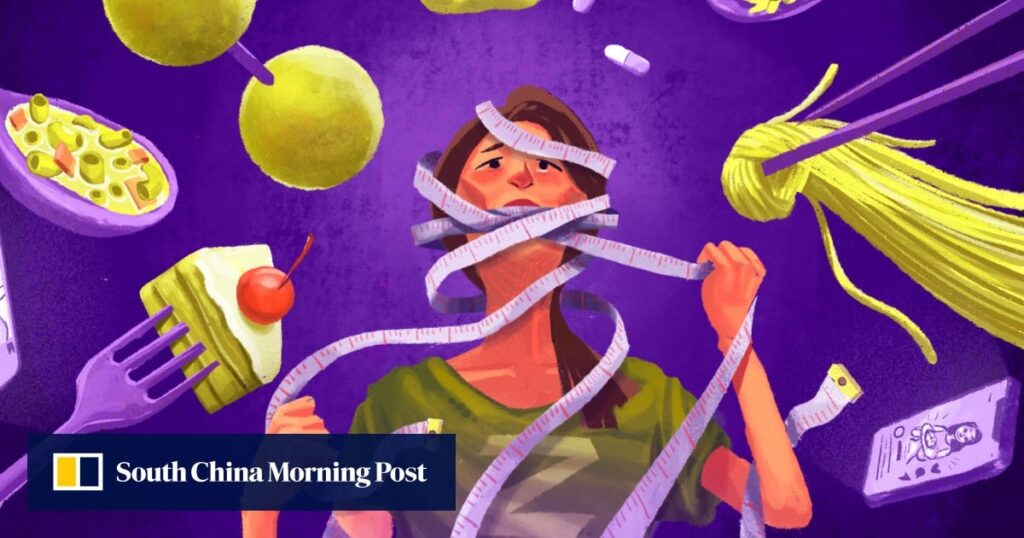At social events, she would eat tiny meal portions. She grew thinner by the day.
 Natalie Chung, now 24, was scared to admit to her family and friends that she had anorexia. Photo: Natalie ChungWhile Chung, now 24, was never diagnosed with an eating disorder, deep down she knew that she had anorexia nervosa.
Natalie Chung, now 24, was scared to admit to her family and friends that she had anorexia. Photo: Natalie ChungWhile Chung, now 24, was never diagnosed with an eating disorder, deep down she knew that she had anorexia nervosa.
Those with this disease have an abnormally low body weight, an intense fear of gaining weight or becoming fat, and a distorted perception of weight, according to the US-based Mayo Clinic. They place a high value on controlling their weight and shape, using extreme efforts that tend to significantly interfere with their lives.
Social media platforms like Instagram and TikTok have increasingly contributed to the problem. According to a 2019 survey published by Britain’s Mental Health Foundation, four in 10 British teenagers said social media images had caused them to worry about their body image. Similar results have been found in other developed countries.
Globally, about 1 in 20 adolescents are struggling with anorexia nervosa, bulimia nervosa or binge-eating disorder, says Dr Paul Kong, a clinical psychologist in Hong Kong with more than 20 years of experience.
Hong Kong content creator Minnie Wong was 15 when her school counsellor referred her to a psychiatrist.
“I was always obsessed with food [and] dieting in a negative way, as I grew up chubby,” the now 28-year-old says, adding she would alternate between regular diets and crash diets and have cycles in which she would binge eat.
Unresolved mental health issues and a poor lifestyle had eroded her self-worth and set the up-and-down eating pattern in motion. Her binge eating worsened, and she developed an autoimmune condition and a hormonal imbalance.
 After recovering from her binge-eating disorder, Wong now dedicates her social media accounts to promoting a balanced diet, gourmet recipes and body positivity. Photo: Minnie WongAccording to the Hong Kong Eating Disorders Association, binge-eating disorders and bulimia nervosa are both characterised by a lack of control during binge-eating episodes, such as eating until feeling uncomfortably full.
After recovering from her binge-eating disorder, Wong now dedicates her social media accounts to promoting a balanced diet, gourmet recipes and body positivity. Photo: Minnie WongAccording to the Hong Kong Eating Disorders Association, binge-eating disorders and bulimia nervosa are both characterised by a lack of control during binge-eating episodes, such as eating until feeling uncomfortably full.
Binge eaters tend not to take inappropriate action to compensate for the excess food they eat, unlike bulimia patients, who force themselves to regurgitate their food and exercise obsessively.
Wong believes that societal pressure to achieve an ideal body type together with Hong Kong’s diet culture contributed towards her binge eating and body dysmorphia – a condition in which you spend a lot time comparing your looks with others and go to significant effort to conceal perceived flaws.
Clinical psychologist Dr Gabrielle Tüscher, an eating disorder specialist and dietitian based in Hong Kong, explains that eating disorders have nothing to do with what a person looks like. The outer appearance is the reflection of the disorder, which is more complicated than the result of mere lifestyle choices.
Some people can be born with a gene that renders them more susceptible to the illness, she says. Other psychological issues arising from sexual abuse or post-traumatic stress disorder (PTSD) can also lead to its rise, especially among adolescents.
 Clinical psychologist Dr Gabrielle Tüscher is an eating disorder specialist and dietitian based in Hong Kong. Photo: Gabrielle Tüscher
Clinical psychologist Dr Gabrielle Tüscher is an eating disorder specialist and dietitian based in Hong Kong. Photo: Gabrielle Tüscher
While men also develop eating disorders, they are taken less seriously, Tüscher says. “If they try to speak up about it, nine times out of 10 they would get rejected.”
She gives the example of a male client who was told by a psychiatrist that “boys don’t have eating disorders”.
Many with eating disorders encounter stigma, and may feel weak and ashamed.
“There is this notion that people who struggle with a binge-eating disorder simply do not have the willpower to be on a diet, and it’s because they are weak,” Wong says.
“I was scared of being judged for it, and the anxiety was overwhelming,” she says.
“Physically, I felt fatigued and lost my period,” she adds. “Emotionally, I felt a great sense of guilt.”
Fortunately, her family and friends were there to extend emotional support when she hit rock bottom from trying to hide the illness and pain.
“It took me a few years to realise how serious the illness was. I quite regret not seeking professional help, but thankfully my friends noticed my troubles,” she says.

10:27
Why we need to talk about eating disorders and body image in Hong Kong
Why we need to talk about eating disorders and body image in Hong Kong
Eating disorders have existed for generations, yet there are no specialised treatment schemes in Hong Kong, Tüscher says. Parents struggle with the decision to hospitalise their children for fear of them falling behind in school.
Hospitals in Hong Kong are anorexia-focused, Tüscher adds, leading to a general lack of awareness of other kinds of eating disorders such as bulimia and binge eating.
The government places more attention on obesity prevention and “sticking nutritional labels on food” rather than treating binge-eating patients, she says.
For those in need, a general practitioner should be the first point of contact, Tüscher says.
It is becoming more common for eating disorders to occur with other mental health issues such as depression, anxiety and ADHD, so treatment should be individualised and the patient should be referred to different psychiatrists for different issues, she adds.
Deep-rooted mental health issues may be the source of eating disorders, Kong says. That is why patients should undergo comprehensive psychological treatment so that they do not only aim to reach a healthy body weight, but they feel strong and confident about their entire selves.
A cured patient would be able to manage their expectations about food well, and cultivate a balanced diet.
 Dr Paul Kong is a clinical psychologist in Hong Kong. Photo: Paul Kong
Dr Paul Kong is a clinical psychologist in Hong Kong. Photo: Paul Kong
A patient should not assume that recovery is a linear process, Kong adds. There will be fluctuations, but when relapses occur, they can be motivated to tackle them in a healthy way.
For Wong and Chung, healing was not straightforward.
“It took me years to be where I am today,” says Wong, who is now better managing her relationship with food, despite having days in which her old patterns of eating reoccur.
“I am more aware and learn to give myself support and space to get out of those days.”
As a content creator, Wong regularly shares fashion inspiration, self-affirmative messages and travel stories with her more than 40,000 YouTube subscribers and 80,000 Instagram followers.
She now sees food as nourishment and love, rather than a source of guilt, and wants to share this attitude with her followers, who are also mostly young adults.
“[I’m just sharing] my own life and story. I want to become someone that younger Wong needed inspiration from. I can’t forget my super awesome followers too and the little community I’ve built online that I am grateful for,” she says.
“When we feel a lack of self-esteem, self-worth, love, support or connection, people will turn to ‘toxic behaviours’ for comfort when we cannot regulate our own emotions or negative thoughts. In my case, I’ve turned to binge eating for a sense of ‘comfort’.”
Motivated by her experience with anorexia, Chung is now a registered dietitian and shares nutritional tips with her audience.
Don’t be afraid to reach out for help. We should all learn to appreciate who we are as a person beyond our appearanceNatalie Chung
She approaches food with an intuitive mindset – not thinking too much about calories, but understanding what makes up a balanced diet. At social events, she is now comfortable tucking into her favourite dishes.
Today, Chung’s Instagram posts are filled with gourmet food spreads and photos of her unapologetically indulging in them, together with candid captions highlighting her rocky journey with bodily acceptance.
She and Kong recommend the Hong Kong Eating Disorders Association as a professional resource. It provides supportive services to people with eating disorders and their carers to promote the spirit of “helping people to help themselves”. It also helps them find appropriate treatment.
“Don’t be afraid to reach out for help,” Chung says, adding, “We should all learn to appreciate who we are as a person beyond our appearance.”

